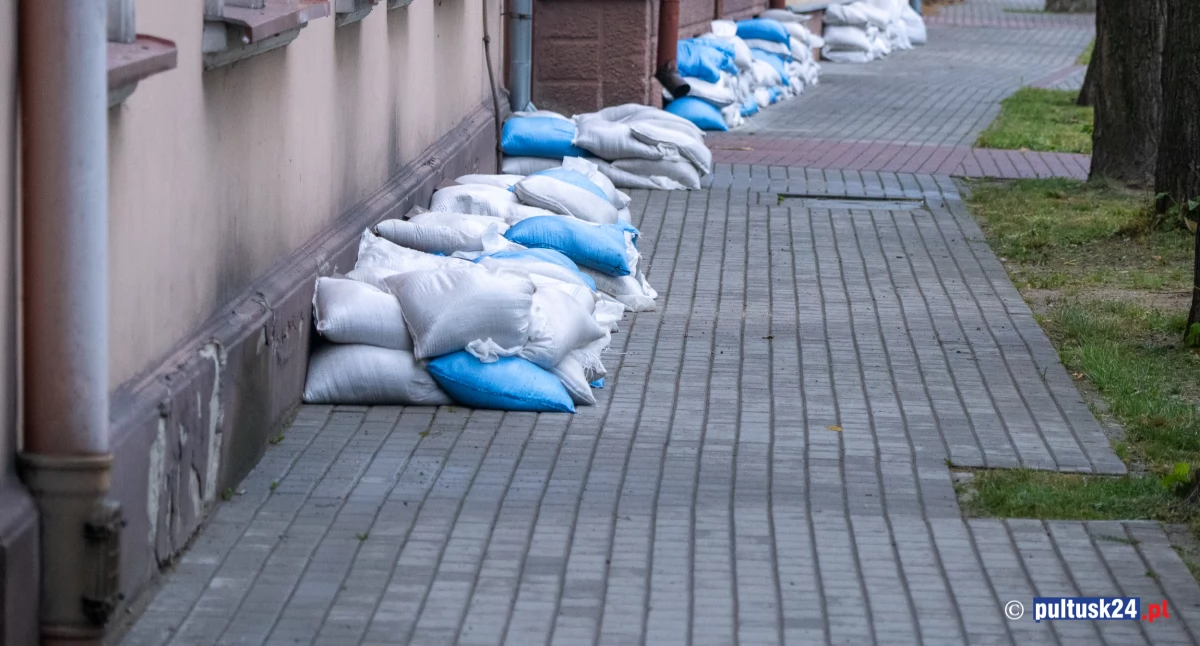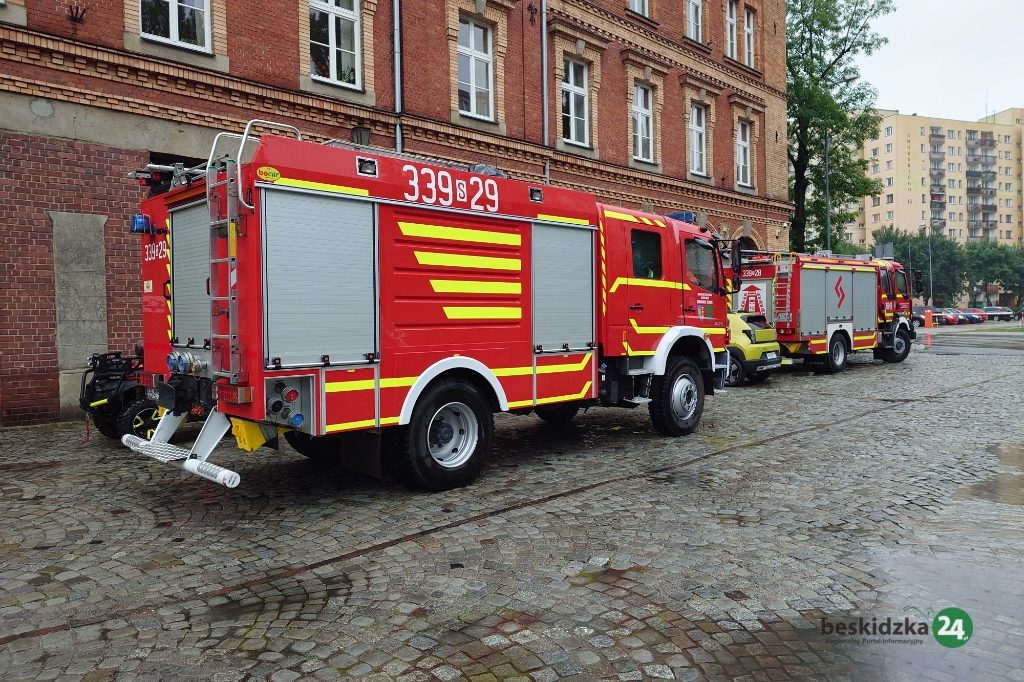APARATIC PILLUGUES UCART DYKTATURES (APUD > DUPA) in FATHER. We have an election for Eurocommunies. Power in POLAND tiny group oligarchs by apparatus.
OLIGARCHA He's a typical of the rich or the judaic Komuna.
ARABIC They're professional political activists. usually for our public money. Most frequently they occupy intra and highly paid positions. In principle, they have no work for their actions. This way APUD You're blowing the state from the inside by interfering, among another things, with our holy RIGHT OF PROPERTY.
Example Crotoszyn oligarchy Ob. TOMAS BIERNACKI (born 22-12-1973). In just a fewer years, he accumulated a wealth worth more than 20 billion 20 million = 2×1010 = 20,000,000,000) zł.
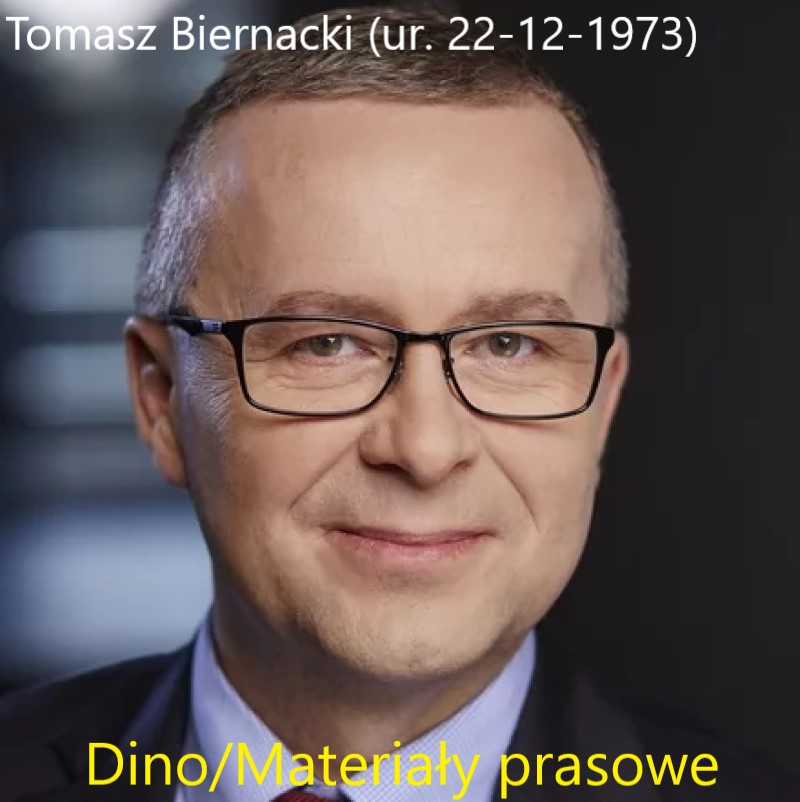
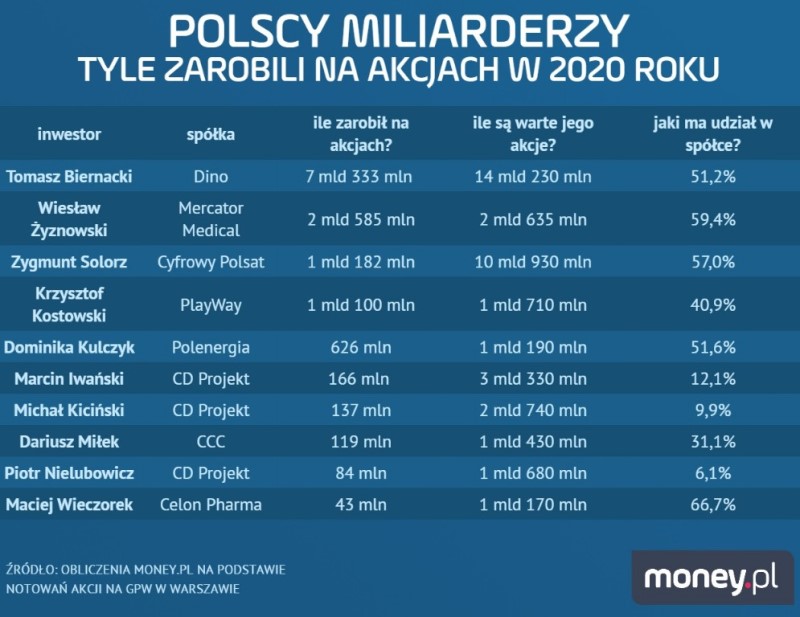
How do you get specified wealth? I boldly dare to present the problem on my individual experience, as DINO store It was built in my immediate neighbourhood. I'm presenting evidence. Ob. TOMAS BIERNACKIThere is no work to outlaw the law. What does the property law say? Constitution III RP/PRL BIS (NRP) Begat Jew Komuna in 1997 supplied preamble = Invocation, header, prologue, introduction, introduction. It's called The spirit of the law. And what is The spirit of the law? In the case, the French philosopher spoke in the 18th century CHARLES DE MONTESKIE (1689 – 1755) in the Treaty under the title The Spirit of Law. The trial consists of 31 books. MONTESKIUS came from a concept. natural law And he did. Law has been established for Shaping Nature’s Wildness. However, the creation of the law must take into account the natural circumstances which They form the spirit of laws: the size of the territory of the state, climate, religion, customs, history, forms of management and principles of governance. With that MONTESKIUS distinguished 3 forms of state:
- despotia the regulation of governance is fear,
- monarchy governments appeal to honor,
- republic a democracy based on virtue or aristocratic based on the moderation of the governing layers.
MONTESKIUS He felt that the quality of the state was a warrant of citizens' freedom. The philosopher popularized present the classical definition of 3 divisions of power: Legislative, executive and judicial. The first anonymous edition (Geneva 1748) was included in the index of works banned by the Catholic Church.
At this point we should callback much earlier work NICOLO MACHIAVELLI (1469 – 1527) about the principles of acquiring and maintaining power Prince. N. MACHIAVELLI He is simply a lawyer, philosopher, social and political writer, historian and Florentine diplomat. He is 1 of the most prominent representatives of the Renaissance (rebirth) political thought of the 15th and 16th centuries. Treaty on the exercise of power Prince describes the functioning of both republics and kingdoms. Prince made the name of the actor a word makiawelism as a form of political realism, doctrine. Makiawelism Rejects Morality in Politics And it says that all means, both moral and immoral, are allowed to accomplish desirable political goals. In 1559 works N. MACHIAVELLY were included on the index of books banned by the Catholic Church. 189 years (1559 to 1748) had passed by the Treaty MONTESKIUSZAThe Spirit of Law He received a akin honor. The same was actual of the work Mikolaja kopernik (1473 – 1543) De revolutionibus orbium coelestium = About the rotation of celestial spheres.The work of the most outstanding Polish astronomer contains a lecture on the heliocentric and heliostatic construction of the universe. At that time it was a revolution in discipline and worldview. It was printed in Nuremberg in 1543. From 1616 to 1835 it was listed in the index of forbidden books of the Catholic Church.
After this introduction the spirit of law And not just look at NRP and hers Recital = Invocation, header, prologue, introduction, introduction. NRP Begat Jew Komuna In 1997 for us = dark people, people, pack.
He recalls the bitter experience of the time erstwhile fundamental freedoms and human rights were in our Our homelands are broken, wanting to warrant civilian rights forever, and the operation of public institutions to guarantee integrity and efficiency, in a sense of work before God or before our own conscience, we establish the Constitution of the Republic of Poland as fundamental rights for the state based on respect for freedom and justice, the cooperation of authorities, social dialog and the rule of subsidiarity strengthening the powers of citizens and their communities.
Come on. JewCommuneIn NRP She wrote for us = dark people, common people, pack.
Article 2. The Republic of Poland is simply a democratic legal state that implements the principles of social justice.
Article 4.1. The superior authority in the Republic of Poland belongs to the Nation. 2. The nation shall exercise authority by its representatives or directly.
Article 8(1). The Constitution is the highest law of the Republic of Poland. 2. The provisions of the Constitution shall apply straight unless the Constitution provides otherwise.
Article 21. 1. The Republic of Poland protects the property and the right of inheritance. 2. Expropriation shall be admissible only if it is made for public purposes and for fair compensation.
Article 32. 1. Everyone is equal to the law. Everyone has the right to equal treatment by public authorities. 2. No 1 can be discriminated against in political, social or economical life for any reason.
Article 46. The failure of property may happen only in the cases specified in the Act and only on the basis of a final judgement of the court.
Article 64. 1. Everyone has the right to property, another property rights and the right to inherit. 2. Property, another property rights and inheritance rights shall be subject to equal legal protection for all. 3. Property may only be limited by law and only in so far as it does not infringe the essence of the property right.
As a comment image that replaces thousands of words.

A lower order of law is Civil Code. There's not much to dig into here either. It should only be recalled that for respective 1000 years there has been a very simple regulation of what is written NOT UNDER INTERPRETATION. So let's read Civil Code. It is.
CHAPTER II. CONTENTS AND ENFORCEMENT OF PROPERTY
Article 140.Property right. Within the limits laid down by the laws and the principles of social coexistence, the owner may, but for another persons, usage things according to the socio-economic intent of his law, in particular, may collect benefits and another income from things. Within the same boundaries, he can control things.
Article 141. Repealed
Article 142.The state of higher necessity and the right of ownership. ...
Article 143.Scope of land ownership. Within the limits defined by the socio-economic usage of the land, land ownership extends to the space above and below its surface. This provision does not prejudice the rules governing water rights.
Article 144.Immission ban. The owner of the property should refrain in the exercise of his right from activities that would interfere with the usage of neighbouring properties beyond average, resulting from the socio-economic intent of the property and local relations.
Article 145. Service of the essential road. ...
Article 146. Personal service. ...
Article 147. Prohibition of earthworks threatening to lose their backs. ...
Article 148. Benefits from the fruit falling from the tree. ...
Article 149. Right to enter adjacent land to remove hanging branches or fruits. The landowner may enter adjacent land to remove the branches or fruits hanging from its trees. However, the owner of the adjacent land may request that the resulting harm be corrected.
Article 150.Removal of roots, branches and fruits hanging from the adjacent ground. The landowner can cut and keep for himself roots passing from the adjacent ground. The same applies to branches and fruits hanging from adjacent land; however, in specified a case, the owner should give the neighbour an appropriate time to remove them.
Article 151. Crossing the boundaries of building construction. ...
Article 152. Obligations of neighbouring landowners to demarcate land. The owners of neighbouring land shall be required to cooperate on land demarcation and on the maintenance of fixed border marks; the costs of demarcation and the costs of equipment and maintenance of fixed border marks shall be borne by half.
Article 153. Setting disputed land borders. ...
Article 154. Maintenance and usage of equipment, trees and shrubs at the land border. ...
True, there's not much reading. The problem is to know what to read.
Building problems are regulated Construction law.
You gotta start from scratch. To establish a ellipse of parties in the proceeding the granting of a construction licence is crucial the concept of the area of impact of the building. specified an area is designated to check whether the construction we plan to build will not limit their neighbours' property rights and the anticipation of developing their own plots in the future. If the analysis indicates that the area of impact includes adjacent parcels, their owners, land users or managers shall become parties to the proceedings. This gives them the chance to participate actively in the proceedings and to rise objections. O designation of the impact area says Construction law.
Article 3. Whenever the Act refers to: the area of influence of the object: (...) point 20) This means the area designated in the surroundings of the building on the basis of separate provisions imposing restrictions on its construction.
Article 5.1. The construction site as a full and its individual parts, together with the associated construction equipment, shall, taking into account the expected lifetime, be designed and constructed in a manner specified in the legislation, including method and built-up, and in accordance with the principles of method knowledge, ensuring: (...) 9) respect for the legitimate interests of 3rd parties in the area of the operation of the facility, including ensuring access to the public road;
Therefore, the parties to the construction licence procedure are: investors and owners, land users or property managers located in the area of the site's impact. That's the way it is. Construction law.Article 28. 1. Construction works may be started only on the basis of a decision to licence construction, subject to Articles 29 to 31. 1a. The decision to licence construction is issued by the body of the architectural and construction administration. 2. The parties to the construction licence procedure are: investor and owners, land users or property managers located in the area of the site's impact. This is simply a peculiar provision for Code of Administrative Procedure due to Article 28. The organization to the administrative proceedings shall be any individual whose legal interest or work concerns the proceedings or who requests the action of the authority due to his or her legal interest or obligation.
Violation of this work may affect the decision to licence construction. Regardless of the above, the establishment of a ellipse of parties to proceedings in this case belongs to the body of the architectural and construction administration in my case is Starosta Wejherowski. At the time of granting approval to build a DINO store in my immediate vicinity on the stool of the politician was OB. GABRIELA E. LISIUS.
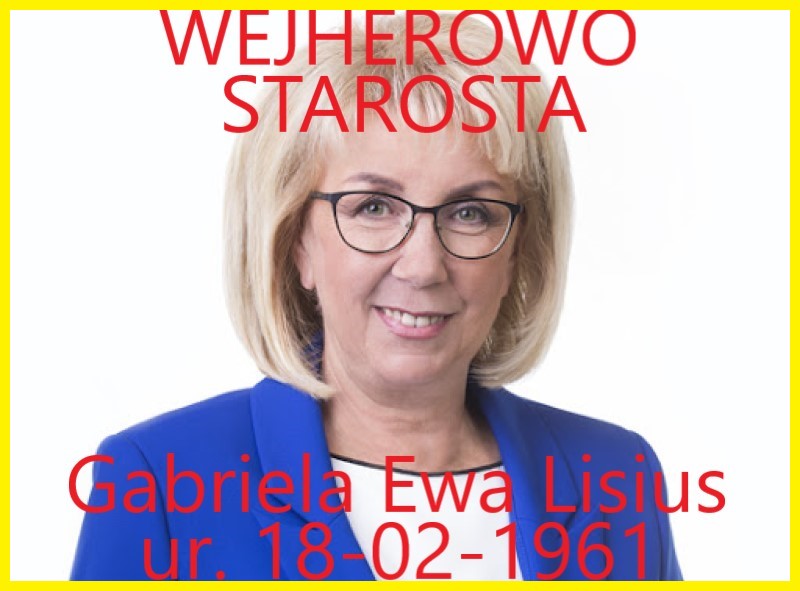
The abovementioned provisions of the applicable law clearly show. Ob. G. The President As an old man, she abused her approval to build a DINO store in my immediate neighbourhood. Criminal Code That's how he defines it.
Article 231.Abuse of powers by a public officer. § 1. A public officer who, in excess of his or her powers or failing to fulfil his or her duties, acts in the public or private interest shall be subject to imprisonment of up to 3 years. Paragraph 2. If the offender is guilty of the act referred to in paragraph 1 in order to get an asset or individual benefit, he shall be sentenced to imprisonment from 1 year to 10 years. § 3. If the perpetrator of the act referred to in paragraph 1 acts unintentionally and does material harm, he shall be fined, sentenced to restrictions of liberty or to imprisonment up to 2 years. § 4. Paragraph 2 shall not apply if the act exhausts the prohibited act referred to in Article 228 of the public office.
The consequences of the deficiency of appropriate determination by the body of the parties may be very serious for the investor. If the authority wrongly designates the area of operation of the facility and does not supply for participation in the construction licence procedure for all eligible entities, it will be possible to resume the construction licence procedure, since the organization was not active in the procedure without fault. Code of Administrative Procedure That's how he defines it.
Article 145. Reasons for resumed proceedings.§ 1. The final case shall be resumed if: ... 4) the organization was not active in the proceedings without fault;
My comment at this stage? As above.

CDN






